RECONCILIATION ACTION PLAN
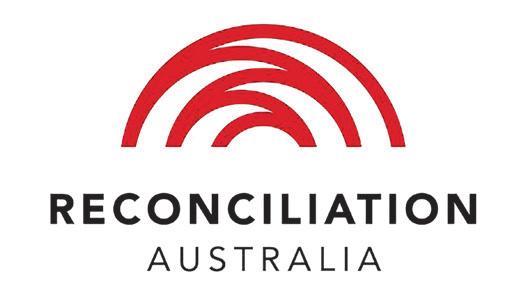
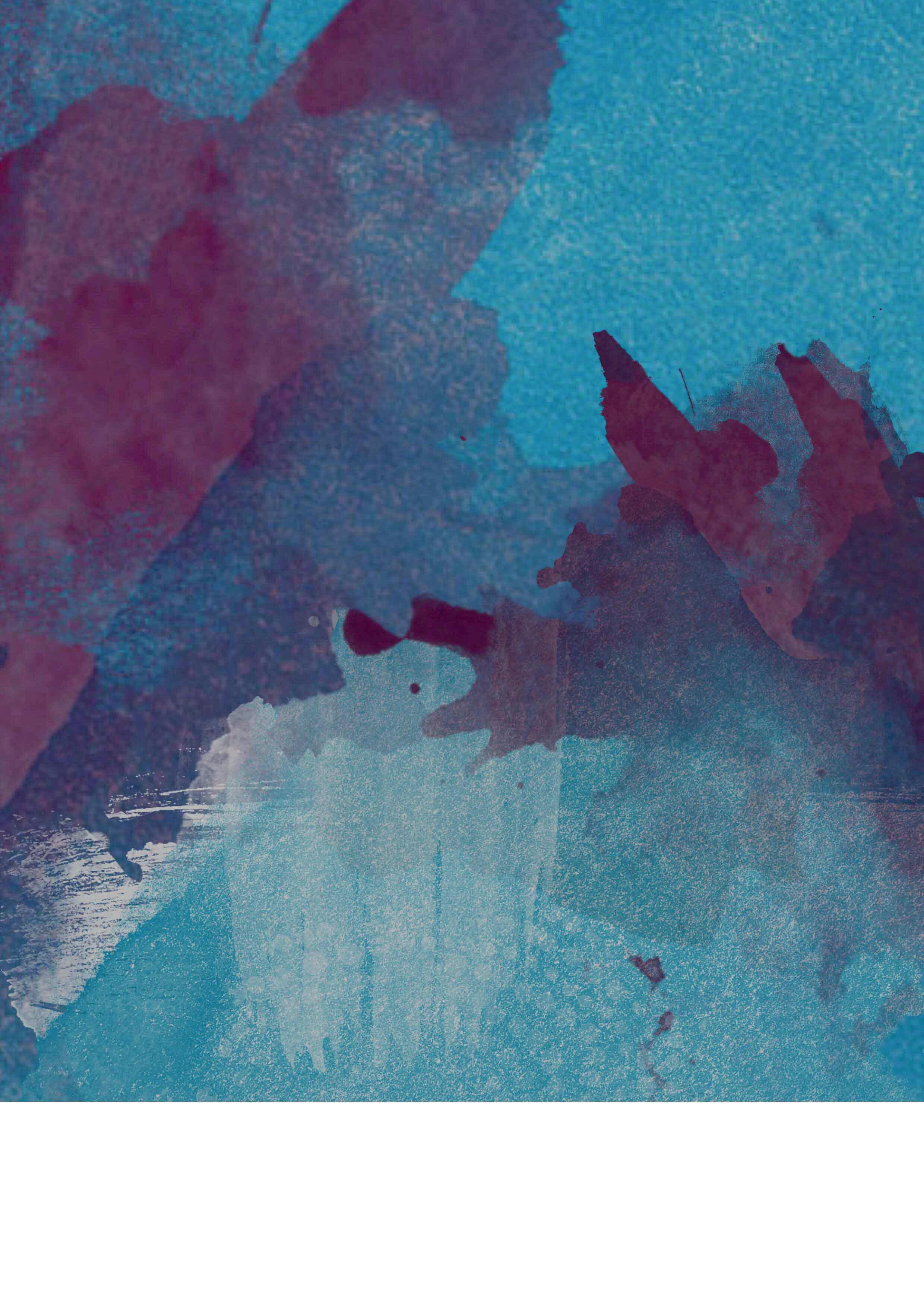
BRISBANE GIRLS GRAMMAR SCHOOL
2022-2024
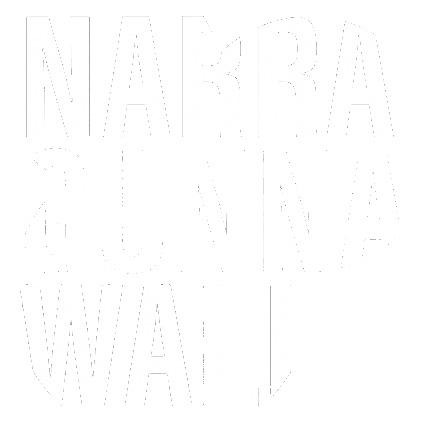
Narragunnawali Reconciliation in Education
ASPIRATION
Lives Enriched by Learning
INTENT
Proud of our Grammar tradition, we are a secondary school that establishes the educational foundation for young women to contribute confidently to their world with wisdom, imagination and integrity.
GUIDING PRINCIPLES
Systematic curiosity in teaching, learning and research
Judicious and ethical action
Life-wide learning
Stewardship and sustainability
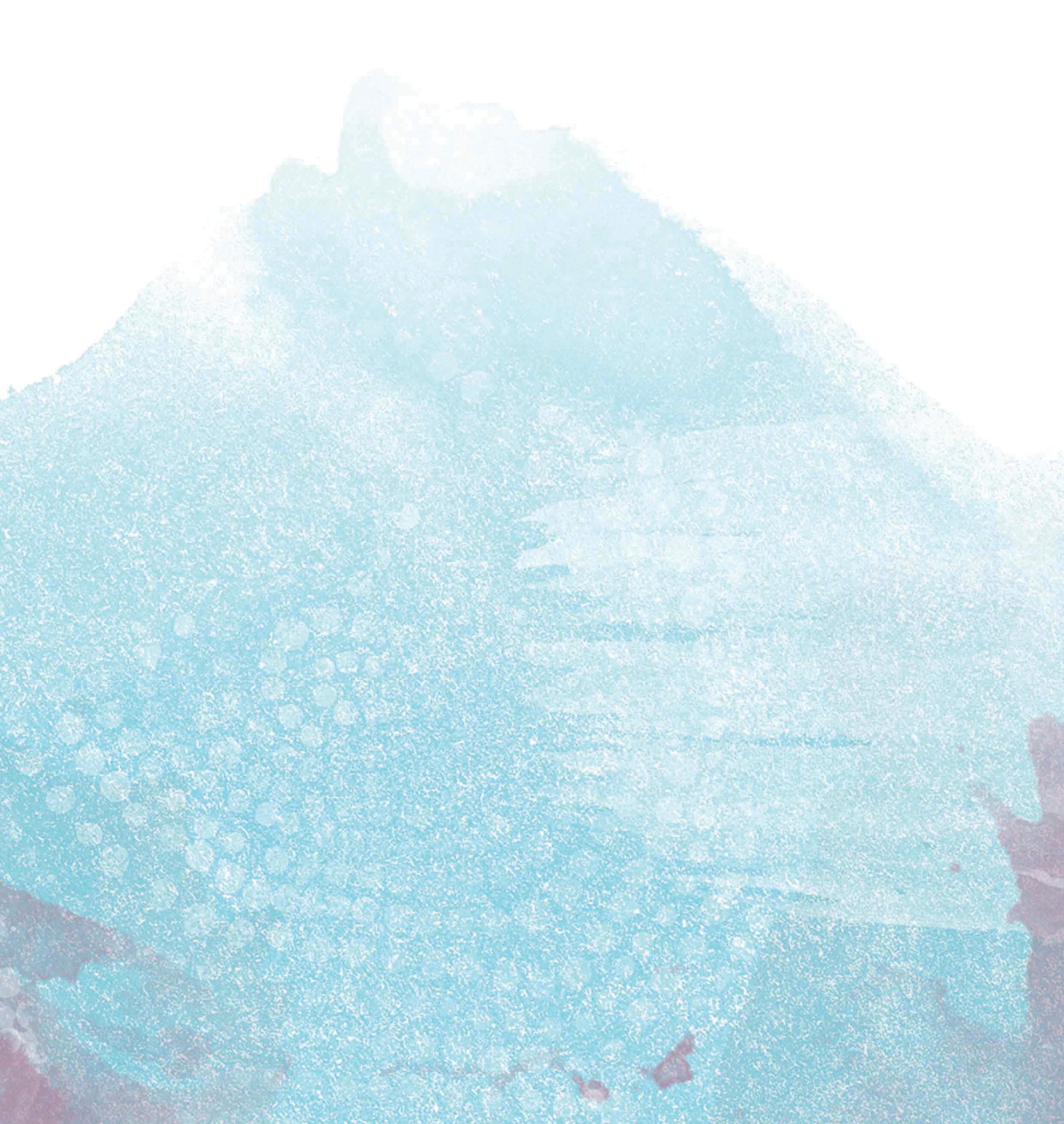
Belonging and wellbeing
Purposeful community engagement
ACKNOWLEDGEMENT
In the spirit of reconciliation, Brisbane Girls Grammar School acknowledges the traditional custodians of the lands on which our campuses stand, the Turrbal, Jagera and Kabi Kabi peoples, and all Indigenous people in our School community. We honour and respect their Elders past, present and emerging, and recognise that these lands have always been places of teaching and learning. We are grateful for thousands of generations of care for Country and seek to walk in solidarity with the First Peoples of our nation for reconciliation, justice and healing.
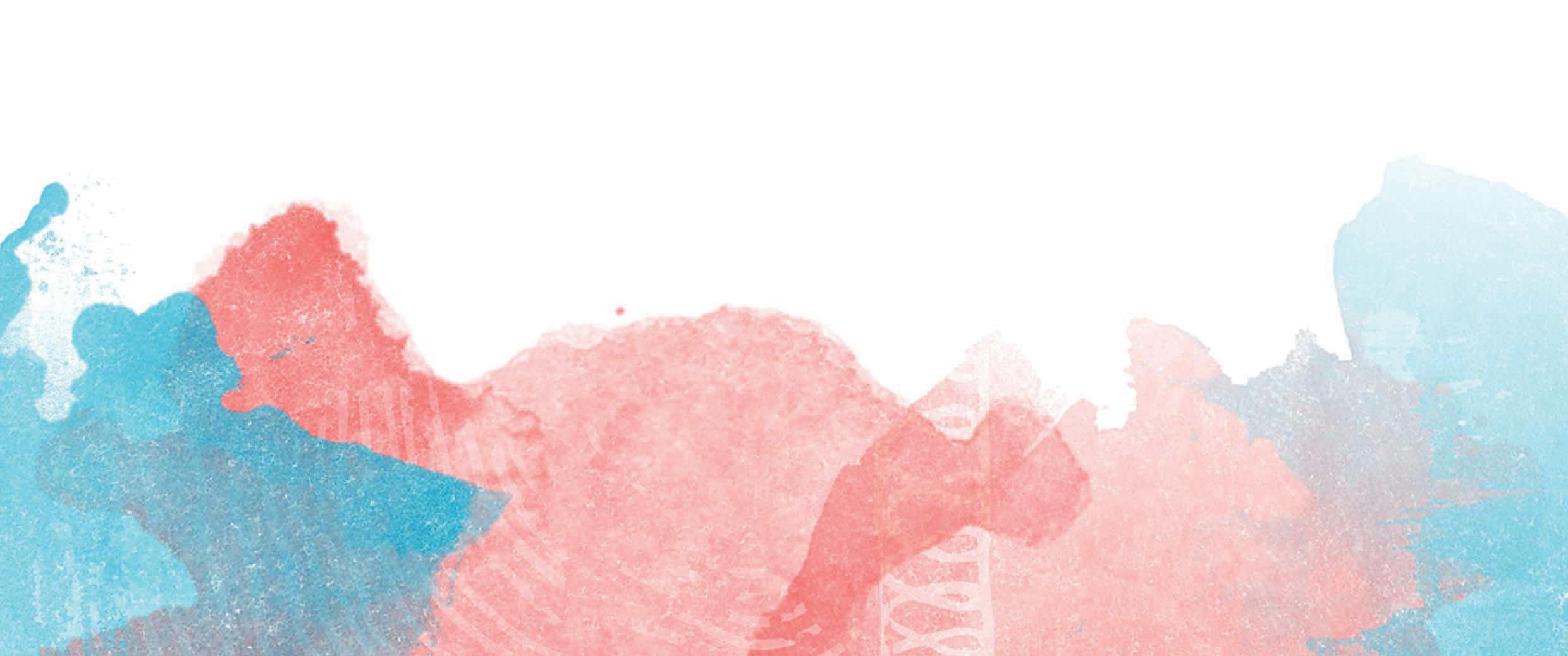
FROM THE PRINCIPAL
The notion of equity is the reason Brisbane Girls Grammar School exists at all: to provide girls an education equal to that of their brothers.
This word, equity, is at the heart of reconciliation: recognition of the rights of Australia’s First Nations Peoples—and Indigenous peoples the world over—as the custodians of the land on which we stand today. What we must reconcile is immense, but it is through a shared belief in, and commitment to, equity that Indigenous and non-Indigenous peoples can come together in the spirit of reconciliation for a future grounded in optimism, kindness, and love.
Without a deeper understanding of Australia’s history, we cannot possibly achieve a fairer future for all who call this great nation home. This understanding is the principle that guides the actions outlined in this first iteration of our School’s Reconciliation Action Plan, which is underpinned by three pillars: relationships; respect; and opportunities.

This plan is so much more than words on a page—it is a commitment to understanding the experiences of First Nations Peoples, and taking meaningful action to, as a School community, walk in solidarity with the First Peoples of our nation for reconciliation, justice and healing.
As Dr Lowitja O’Donoghue, Aboriginal rights activist and patron of the Lowitja Institute—who was stolen from her mother at the age of two—said when named Australian of the Year in 1985, ‘Together we can build a remarkable country, the envy of the rest of the world’.
This document outlines how Brisbane Girls Grammar School, its staff, students and broader community, intends to contribute to this goal.
Ms Jacinda Euler Welsh Principal
“Our motto is a united Australia, one that respects the land and the heritage of its Indigenous peoples and provides justice and equity for all.”
—Jackie Huggins, Co-chair National Congress of Australia’s First Peoples
VISION FOR RECONCILIATION
Our vision for reconciliation is to foster deep learning and understanding of the history of this continent and the current experiences of Aboriginal and Torres Strait Islander peoples. Through engaging with, respecting, and valuing the diverse experiences, languages, cultures and perspectives of First Nations Peoples, we enrich our learning community and seek to develop thoughtful, inclusive, independent learners.
Brisbane Girls Grammar School (BGGS) makes a commitment to advocating for reconciliation in the classroom, around the School, and within society more broadly.
As an inclusive and principled school community, we celebrate belonging, and value diverse histories, cultures, languages, ancestry, rights, laws and lores, as part of our shared national identity. We value the voices of First Nations Peoples in our School and broader communities and commit to ensuring that everyone is heard. As a School community we seek to walk alongside First Nations Peoples, building authentic, reciprocal relationships, learning from those who are willing to share their knowledge with us, and advocating for the rights of those who are disenfranchised.
As part of the stewardship of our physical, cultural, and learning environment, we seek to be guided by the interconnectedness of all that is, has been and will be in First Nations cultures. In so doing, we bring that awareness into care for self, each other, the living environment, and our shared futures.
We encourage active citizenship and curiosity amongst our students by inviting them to listen to the wisdom and perspectives of First Nations Peoples and reflect on how to practise reconciliation in their own lives.

BGGS CAMPUSES
The School’s Main Campus at Spring Hill, Brisbane
Meeanjin—the place of the blue water lilies—is situated on the traditional lands of the Turrbal/Jagera people.

BGGS Outdoor Education Campus
BGGS Main Campus
Brisbane City
Lockyer Valley Region Ipswich City Logan City
BGGS Sporting Campus
Jagera
The School’s Sporting Campus at Fig Tree Pocket, Brisbane
The School’s Sporting Campus at Fig Tree Pocket is also situated on the traditional lands of the Turrbal/Jagera people.
The School’s Outdoor Education Campus outside of Imbil, Mary Valley
Imbil—a Kabi word meaning bamboo vine—in the Mary Valley, is situated on the traditional lands of the Kabi Kabi people.
Wakka Wakka
Kabi Kabi
Gower
Quandamooka
Yugambeh
Turrbal
Moreton Bay Region
Somerset Region
South Burnett Region
Sunshine Coast
Gympie Region
North Stradbroke Island
Moreton Island
HISTORY OF RECONCILIATION AT BGGS
The concept of a Reconciliation Action Plan (RAP) was introduced in 2006 by Reconciliation Australia and is based on three pillars: respect for culture, history, and rights of Indigenous peoples; building strong and respectful relationships between Indigenous and non-Indigenous peoples; and creating opportunities for Aboriginal and Torres Strait Islander peoples. A RAP is an organisation’s formal statement of commitment to reconciliation, with a customised plan that outlines specific steps and initiatives to strengthen relationships, respect, and opportunities. For BGGS, reconciliation means acknowledging the past, connecting in the present and inspiring the future.
The RAP is designed to lead to a higher level of knowledge and pride in Indigenous histories, cultures, and contributions amongst staff and students, embedding respect for the world’s longestsurviving cultures and communities. It allows us to measure our commitment to reconciliation by providing clear, measurable goals, built upon relationships, respect and opportunity, and provides a framework for BGGS to foster stronger relationships with Indigenous Australians, promote cultural awareness and embed the Aboriginal and Torres Strait Islander histories and cultures cross curriculum priority into our teaching and learning.

Reconciliation initiatives have been undertaken at Brisbane Girls Grammar School since 2014, when the Uralla Club was formed by two passionate students, Josefine Ganko (2015) and Anna McArthurDowty (2015). The aim of the Uralla Club is to build understanding throughout the School about the strength and resilience shown by First Nations Peoples in the face of discrimination, while also celebrating the continued significance of their culture and history with the focus firmly on positive steps forward.
The 2023 Uralla Club Captains, Katie Reid (12E) and Elizabeth Shoebridge (12B), staff and students gather for meetings to discuss how to raise awareness about current challenges facing First Nations Peoples and share their perspectives about steps toward reconciliation.
Significant dates of focus for the Uralla Club include National Reconciliation Week, National Close the Gap Day, National Sorry Day, NAIDOC Week, and Diversity Day. The group also fundraises to support the Queensland Children’s Hospital’s Indigenous Liaison Centre.
Students, staff and parents were involved in contributing to the development of the RAP document and it is also endorsed by Reconciliation Australia.
RAP WORKING GROUP
In addition to the Uralla Club, BGGS’ Reconciliation Working Group meets twice a term to provide opportunities for students, teachers, and professional staff to learn about First Nations cultures, and plan events and experiences to enable staff and students to deepen their understanding of First Nations culture and identities.
RE ATIONS IPSIN T E C ASSROOM
RE ATIONS IPSAROUND T E SC OO
ACTION GOAL
ACTIONSCOMMITMENT ASSIGNED TODUE DATE
By December 2024 we will…
Aboriginal Torres Islander in the Classroom
In the classroom
Elders and Traditional Owners Share Histories and Cultures
Aboriginal and Torres Strait Islander peoples in the Classroom
Around the school
We are committed to engaging Aboriginal and Torres Strait Islander people in our learning activities. Having Aboriginal and Torres Strait Islander voices in learning environments is vital when teaching about Aboriginal and Torres Strait Islander histories and cultures.
Elders and Traditional Owners Share Histories and Cultures
Abby H, Lynne M, Sophie M
We are committed to forging a meaningful and ongoing relationship with local Aboriginal and Torres Strait Islander Elders, and people recognised in their community as Traditional Owners. We hope this relationship can be of mutual benefit, and that our local Elders and Traditional Owners will feel safe, and confident, to share their historical and cultural knowledge with our staff, students and children.
Cultural Competence for Staff
Cultural Competence for Staff
Reconciliation Projects
Ongoing
Abby H, Sophie M
Ongoing
Welcome Aboriginal and Torres Strait Islander peoples into our classrooms across subject areas and campuses especially when teaching about Aboriginal and Torres Strait Islander histories and cultures.
Create a list of Elders and Traditional Owners who are willing to speak to students and staff about the histories and cultures of the local area and with whom we have established relationships.
Develop a plan to provide all BGGS staff with cultural competence training.
Celebrate National Reconciliation Week
Create Stakeholder List
Reconciliation Projects
We will reflect on our current level of cultural competence and provide staff with a range of opportunities to build and extend their knowledge and understanding of Aboriginal and Torres Strait Islander cultures. We also commit to supporting staff to independently seek out and participate in a variety of cultural awareness experiences that assist them on their own journey of understanding.
Build Relationships with Community
Cultural Competence for Students
Susan G, Lynne M, Sophie M
Ongoing
Identify whole school reconciliation project(s) and have budgeted for these to be implemented.
Welcome to Country Start significant events on our school campuses with a Welcome to Country.
Celebrate National Reconciliation Week (NRW) 27 May to 3 June each year.


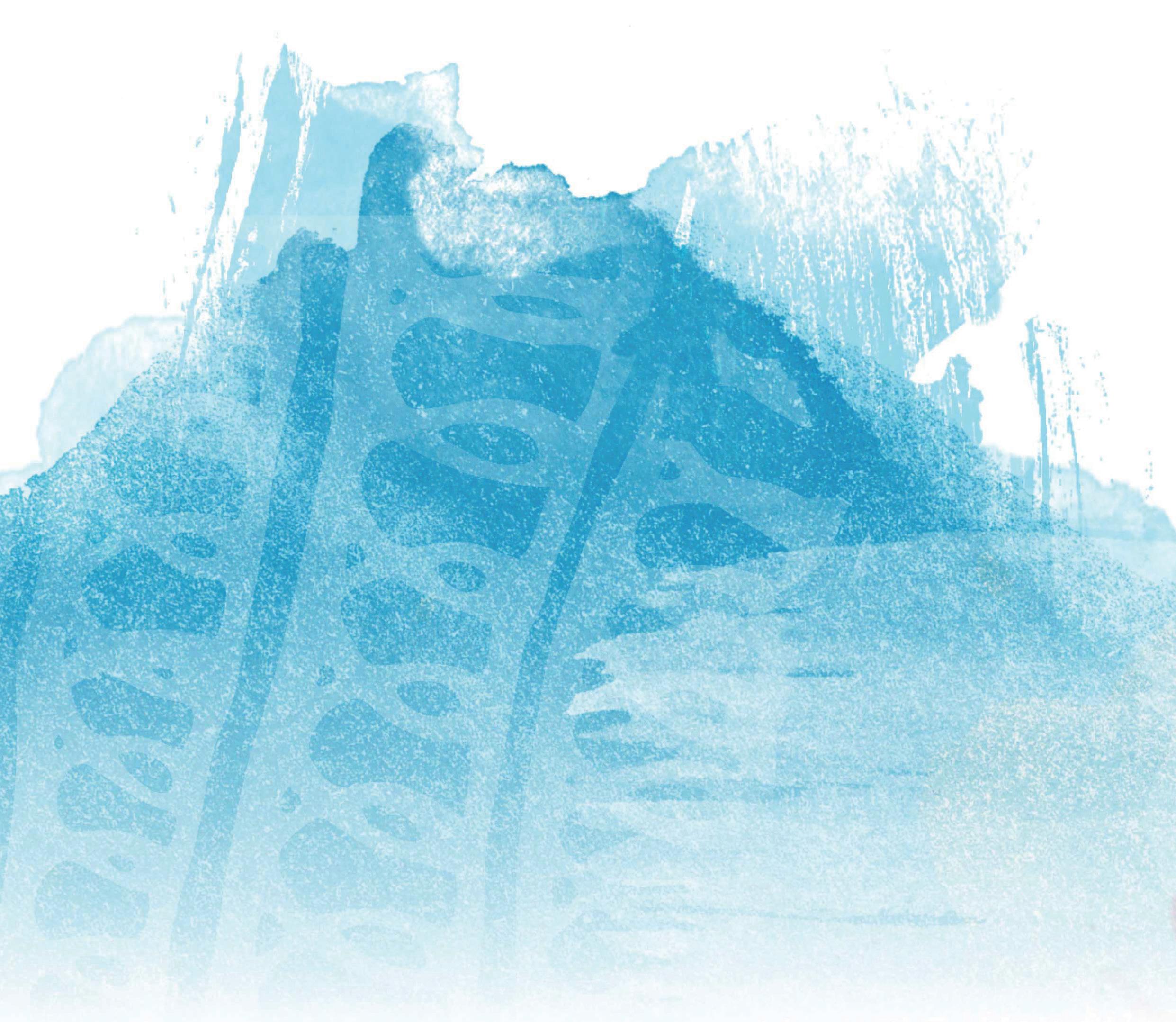
Create a list of Aboriginal and Torres Strait Islander communities, organisations and other key stakeholders within the local area of all three campuses.
Our school will collaborate on projects that visibly and authentically embed Aboriginal and Torres Strait Islander histories and cultures in learning programs and the physical environment. Through this culture of collaboration across the school and with the community, we commit to creating an environment where young people, staff and community members acknowledge, respect and experience connection to the First Australians.
Abby H, Kim W, Susan G, Sophie M
Ongoing
Establish relationships with members of the local Aboriginal and Torres Strait Islander community at all three campuses.
Have voluntary co-curricular opportunities for students in all year levels to engage with Aboriginal and Torres Strait Islander cultures. Identify curriculum areas in each year level which provide opportunities for students to engage with Aboriginal and Torres Strait Islander cultures.
RAP ACTIONSCOMMITMENT ASSIGNED TO DUE DATE
RAP
RESPECTIN T E C ASSROOM
RESPECTAROUND T E SC OO
RESPECT IT T E COMMUNIT
ACTION GOAL
RAP ACTIONSCOMMITMENT
By December 2024 we will…
In the classroom
Acknowledgement of Country
Teach about Reconciliation
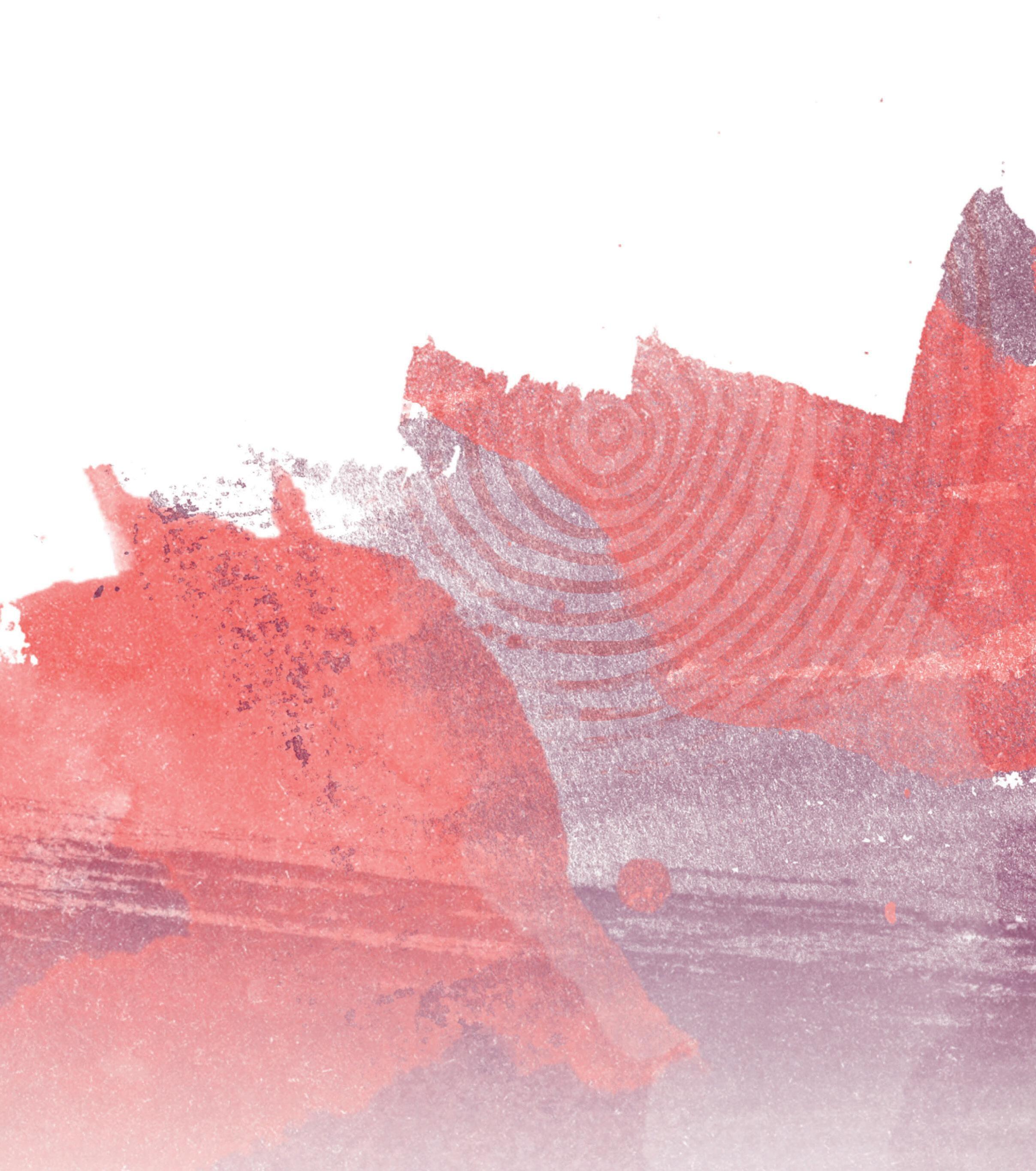
Celebrate Days of National Significance
Teach about Days of National Significance
Explore Current Affairs and Issues
Around the school
Our school community is committed to learning about reconciliation in Australia. Having an understanding of the concept, history and progress of reconciliation is an important part of continuing the reconciliation journey. This understanding also helps to strengthen engagement with our school’s RAP by positioning it within the broader story of reconciliation in Australia.
Our school recognises the continuing connection of Aboriginal and Torres Strait Islander peoples to the Country on which we live, work, learn and grow. All staff and students have the opportunity to show respect to Traditional Owners and Custodians by regularly conducting an Acknowledgement of Country at meetings and events throughout the year.
Visibly Demonstrate Respect for
Abby H, Susan G
Lynne M, Sophie M
We commit to organising and participating in events to celebrate or commemorate days/weeks of national significance for Aboriginal and Torres Strait Islander peoples and the reconciliation movement to show our pride in, and respect for, Aboriginal and Torres Strait Islander histories, cultures and contributions. We also commit to including Aboriginal and Torres Strait Islander perspectives when we commemorate other national days, such as January 26 (Australia Day) and Anzac Day.
Visibly Demonstrate Respect for Aboriginal and Torres Strait Islander Cultures
Aboriginal and Torres Strait Islander Cultures
Kim W, Abby H, Susan G, Lynne M
Ongoing
Ongoing
Have developed resources and run events which enable staff to teach about reconciliation.


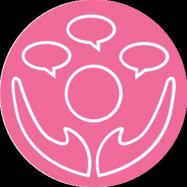
Have developed resources and run events which enable staff to teach about days and weeks of national significance.
Have provided resources and training for teachers to feel confident raising issues related to First Nations Peoples and reconciliation.
Acknowledgement of Country Regularly Acknowledge Country and invite authorised people to carry out a Welcome to Country at key School events.
Aboriginal and Torres Strait Islander Flags
Care for Country
With the community
We commit to incorporating nationally significant days for Aboriginal and Torres Strait Islander peoples and reconciliation into our curriculum to increase knowledge of Aboriginal and Torres Strait Islander histories, cultures, contributions and contemporary issues. We also commit to including Aboriginal and Torres Strait Islander perspectives when teaching about other national days, such as 26 January (Australia Day) and ANZAC Day.
We commit to demonstrating our respect for Aboriginal and Torres Strait Islander histories and cultures in the physical environment of our school. We understand that making our respect visible in the learning environment through the incorporation of meaningful, relevant and culturally appropriate art, artefacts and symbolism reinforces our work toward reconciliation. It also makes our intentions and actions clear to our students, parents and the broader community.
Abby H, Susan G Ongoing
Kim W, Susan G, Sophie M
Ongoing
Have included physical representations of respect for Aboriginal and Torres Strait Islander histories, cultures and contributions at Main Campus and Marrapatta, and planned for such a representation at Rangakarra.
Our school flies or displays the Aboriginal and Torres Strait Islander flags as a demonstration of our pride and respect for the histories, cultures and contributions of Australia’s First Peoples. Flying or displaying the flags promotes a sense of community partnership and a commitment toward reconciliation.
Sophie M, Abby H
Ongoing
Have included consideration of First Peoples’ perspectives pertaining to caring for Country/place in our Sustainability Plan and teaching strategies.
Celebrate Days of National Significance Run annual National Reconciliation Week and NAIDOC Week events.
Aboriginal and Torres Strait Islander Flags Have both Aboriginal and Torres Strait Islander flags flying at the front of all three School campuses year-round
Physical Acknowledgement of Country
Physical Acknowledgement of Country
RAP Launch
Take Action Against Racism
Current We are committed to raising awareness of current affairs and issues in the public domain that are of particular significance to Aboriginal and Torres Strait Islander peoples and the process of reconciliation. This will be done through curriculum delivery, policies and procedures, and will be integrated into the ethos of our school.
Our school proudly commits to displaying a physical Acknowledgement of Country as a way of showing awareness of, and respect for, the Aboriginal or Torres Strait Islander Traditional Owners and Custodians of the land on which our school is located.
Abby H, Susan G, Sophie M
Ongoing
Abby H, Sophie M
Ongoing
Have planned to create a physical Acknowledgement of Country at all three campuses, and budgeted for their design and installation.
Have launched the RAP with students, staff, parents and the broader BGGS community.
Have developed resources to raise awareness of, teach about, and take positive action against, racism.
ASSIGNED
DUE
ACTIONSCOMMITMENT
TO
DATE about Reconciliation
Significance
Ongoing about
DATE
ACTIONSCOMMITMENT ASSIGNED TO DUE
ASSIGNED TO DUE DATE
OPPORTUNITIESIN THE CLASSROOM
OPPORTUNITIESAROUND THE SCHOOL
OPPORTUNITIESWITH THE COMMUNITY
ACTIONSCOMMITMENT ASSIGNED TODUE DATE
RAP ACTIONSCOMMITMENT ASSIGNED TODUE DATE
ACTION GOAL
RAP ACTIONSCOMMITMENT ASSIGNED TODUE DATE
By December 2024 we will…
Embed Crosscurriculum
Priority
In the classroom
Inclusive Policies
Embed Cross-curriculum Priority
Curriculum Planning
Around the school
All staff from across the school are supported to understand and embed the Australian Curriculum crosscurriculum priority Aboriginal and Torres Strait Islander Histories and Cultures in the curriculum. The crosscurriculum priority is considered in the development of units, lesson plans and resources in all learning areas and across all year levels.
Local Sites, Events and Excursions
Inclusive Policies
Celebrate RAP Progress
All staff in our school are aware of policies that refer specifically to improving educational outcomes for Aboriginal and Torres Strait Islander people and increasing knowledge of, and respect for, Aboriginal and Torres Strait Islander histories and cultures in Australia. We have a plan in place to ensure all staff comply with these policies in their daily practice. Our internal policies have been, or will be, amended to ensure they are also inclusive of Aboriginal and Torres Strait Islander peoples and increase knowledge of Aboriginal and Torres Strait Islander histories and cultures in Australia.
We commit to learning more about the Aboriginal and Torres Strait Islander histories, cultures and contributions of the Country on which we live, work, learn and play, by working with the local Aboriginal and Torres Strait Islander community to learn about events of historical and cultural significance and visit appropriate sites.
Susan GOngoing
Have carried out a curriculum audit and provided voluntary cultural competence training to teachers.
Have carried out a curriculum audit to determine where Aboriginal and Torres Strait Islander histories and cultures could be embedded in the BGGS curriculum.
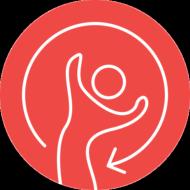
Have reviewed existing policies for inclusivity for Aboriginal and Torres Strait Islander peoples.
Staff Engagement with RAP
Staff Engagement with RAP
We are committed to reflecting on the progress made in the growth of knowledge and pride in Aboriginal and Torres Strait Islander histories, cultures and contributions in our school. We will track the progress of our RAP, continually revisit our commitments, and celebrate our achievements, while generating new ideas to develop and sustain our RAP into the future.
G Ongoing
Have carried out a policy audit to determine where reference to Aboriginal and Torres Strait Islander histories and cultures could be embedded.


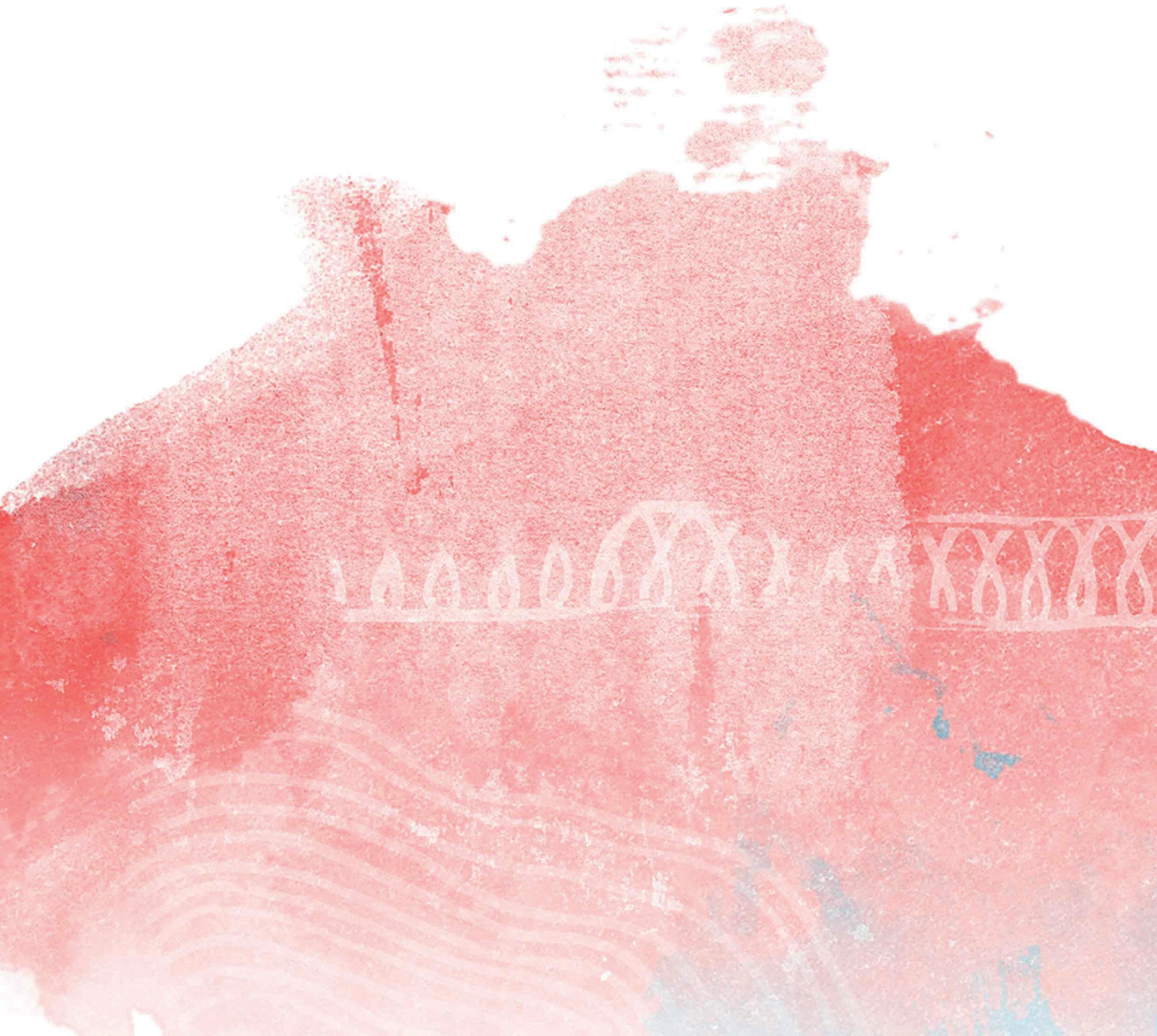
Provide voluntary staff professional development opportunities and planned for ongoing sessions for all staff.
RAP Budget Allocation
With the community
Local Sites, Events and Excursions
Curriculum Planning Embedding Aboriginal and Torres Strait Islander histories and cultures in curriculum planning, development and evaluation processes is a key and ongoing consideration across all year levels and learning areas. Curriculum documents have or will be audited to identify the extent to which Aboriginal and Torres Strait Islander histories, cultures and contributions are already embedded, and to identify opportunities for strengthening the representation of this content in the curriculum.
Celebrate RAP Progress
RAP Budget Allocation
Commitment to the Reconciliation Action Plan (RAP) from all staff is essential for developing a RAP that is implemented in a meaningful and sustainable way. All staff will be involved in the ongoing development and implementation of our RAP through staff development opportunities facilitated by the RAP Working Group.
Create a RAP line item in the Deputy Principal (Co-curriculum) Budget.
Have identified appropriate Aboriginal and Torres Strait Islander sites and significant local events near each of our three campuses.
Regularly refer to the RAP and report on progress toward achieving our goals to the School community.
We have set aside dedicated funds from within our budget to procure relevant goods and services that strengthen the sustainability of our RAP Actions. Staff are aware that it is important to consider remuneration for people who have been involved in RAP initiatives out of respect for the time and resources that they have contributed.
Abby H, Susan
Sophie MOngoing
Lynne M, Sophie M Ongoing
Sophie MOngoing
Lynne M, Sophie M Ongoing
Lynne M, Sophie M Ongoing

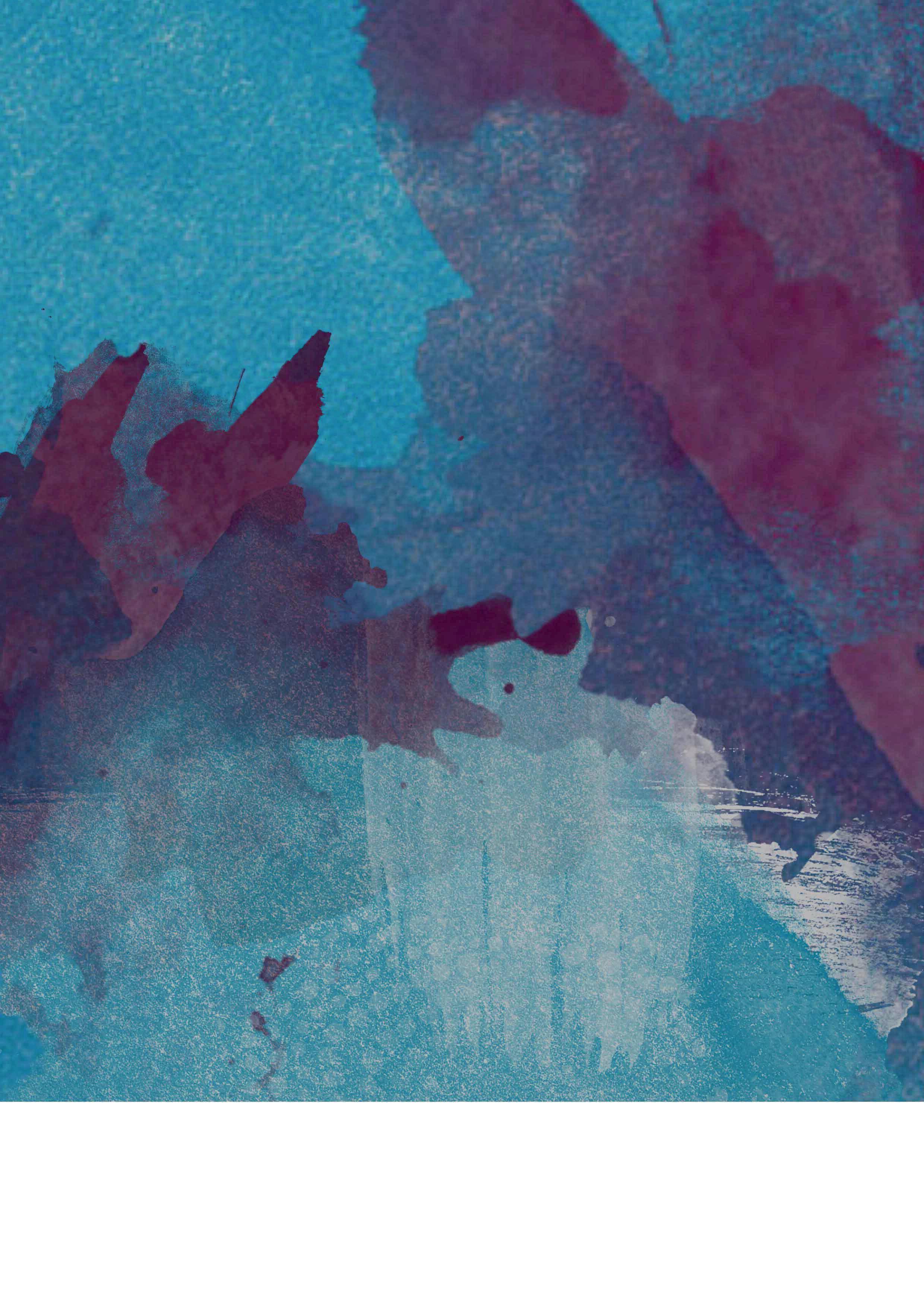

Brisbane Girls Grammar School Gregory Terrace Brisbane QLD 4000 Australia Telephone (+61) 7 3332 1300 Email communications@bggs.qld.edu.au Website bggs.qld.edu.au /BrisbaneGirlsGrammar @BGGS /school/brisbanegirlsgrammarschool @BrisbaneGirlsGrammar

















